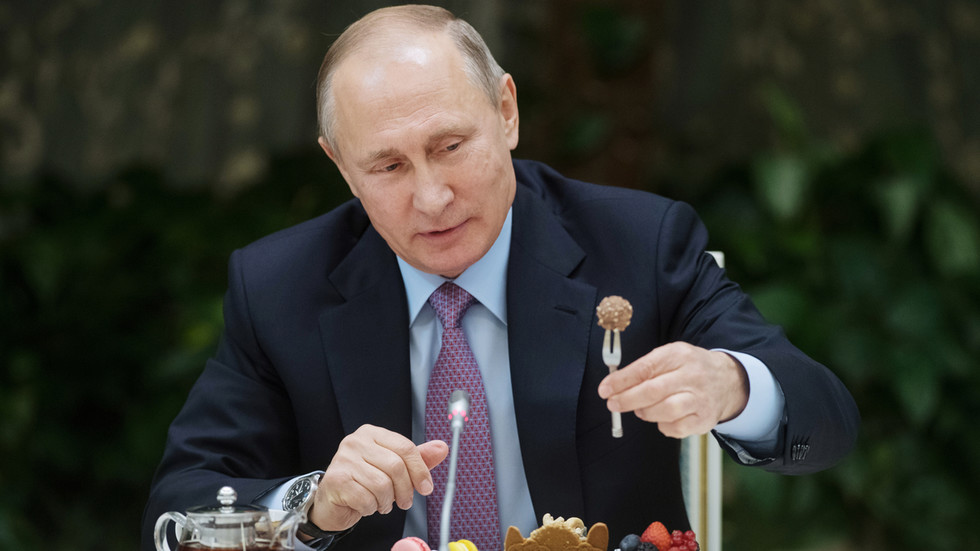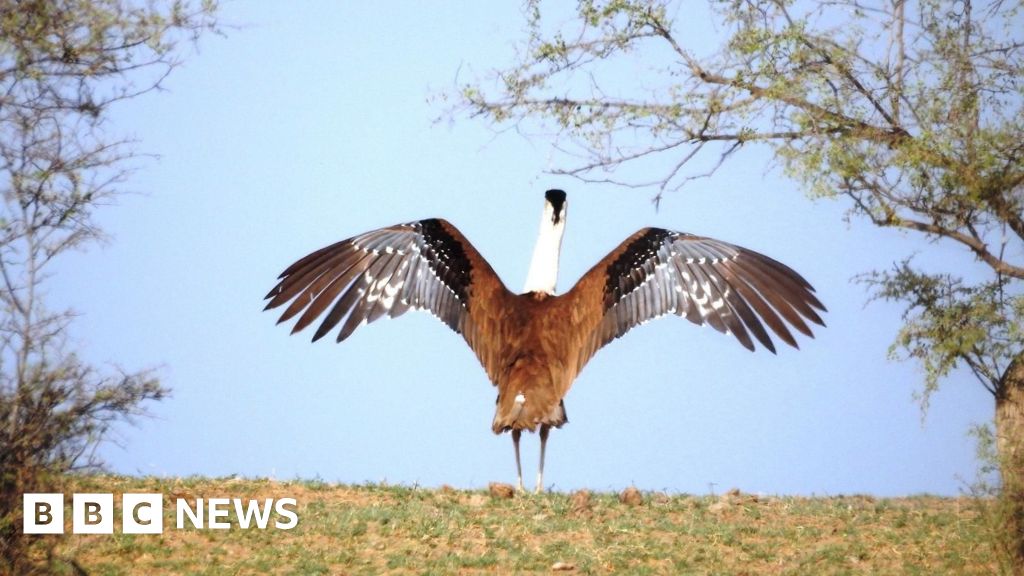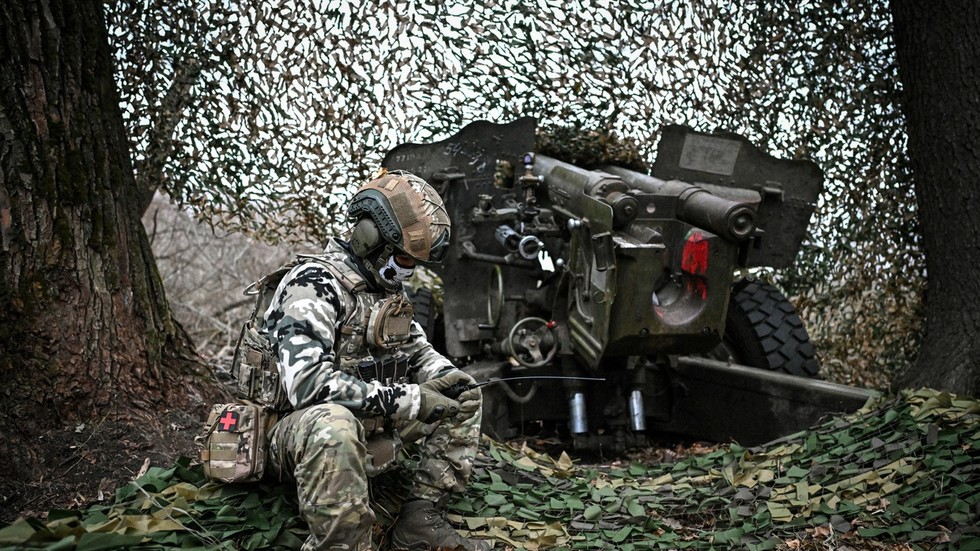NEW DELHI: As tensions escalate in the Gaza Strip, Palestinians are fleeing Rafah in anticipation of an Israeli military operation aimed at weakening Hamas' military capabilities.
Despite the strategic intention, experts argue that the operation may not significantly undermine Hamas' leadership. The UN has reported that approximately 80,000 people have evacuated Rafah since the Israeli Defense Forces (IDF) began shelling and amassing tanks around the city.
The operation, according to Daniel Shadmy from the European Leadership Network-Israel, is deemed necessary by the Israeli defense establishment for national security and to facilitate hostage rescue efforts.
Shadmy said, "It will indeed weaken Hamas' remaining terrorist brigades. However, strategically, this will not necessarily undermine Hamas' leadership on the Gaza strip in the long run."
The Institute for the Study of War (ISW) supports this view, suggesting that Hamas leaders believe the organization can withstand the operation and continue pressing for ceasefire terms without major concessions. The conflict's complexity is further highlighted by the geopolitical and humanitarian ramifications of intensified military actions in densely populated areas, a Newsweek report said.
Amidst these developments, President Joe Biden has publicly said his refusal to supply additional bombs for the Rafah operation, acknowledging the role of US munitions in Palestinian casualties. This stance has drawn criticism from various quarters, including Israel's far-right minister, Itamar Ben-Gvir, who expressed his disapproval on social media, the Newsweek report said.
Hamas remains firm in its negotiation stance, refusing to make concessions beyond those already proposed, which include a prisoner swap.
This rigid position comes as the IDF emphasizes its commitment to "pursue Hamas everywhere in Gaza until all the hostages they're holding in captivity are back home."
Avi Melamed, a former Israeli intelligence official, mentioned that the IDF's strategy in Rafah will be methodical and deliberate, contrasting with the more aggressive tactics seen earlier in the conflict. This approach aims to balance military objectives with the need to maintain diplomatic relations, particularly with the United States.
The situation in Rafah is a critical juncture in the ongoing conflict, reflecting the broader challenges of achieving peace and security in a region marred by protracted and deeply entangled disputes.

 5 months ago
23
5 months ago
23









